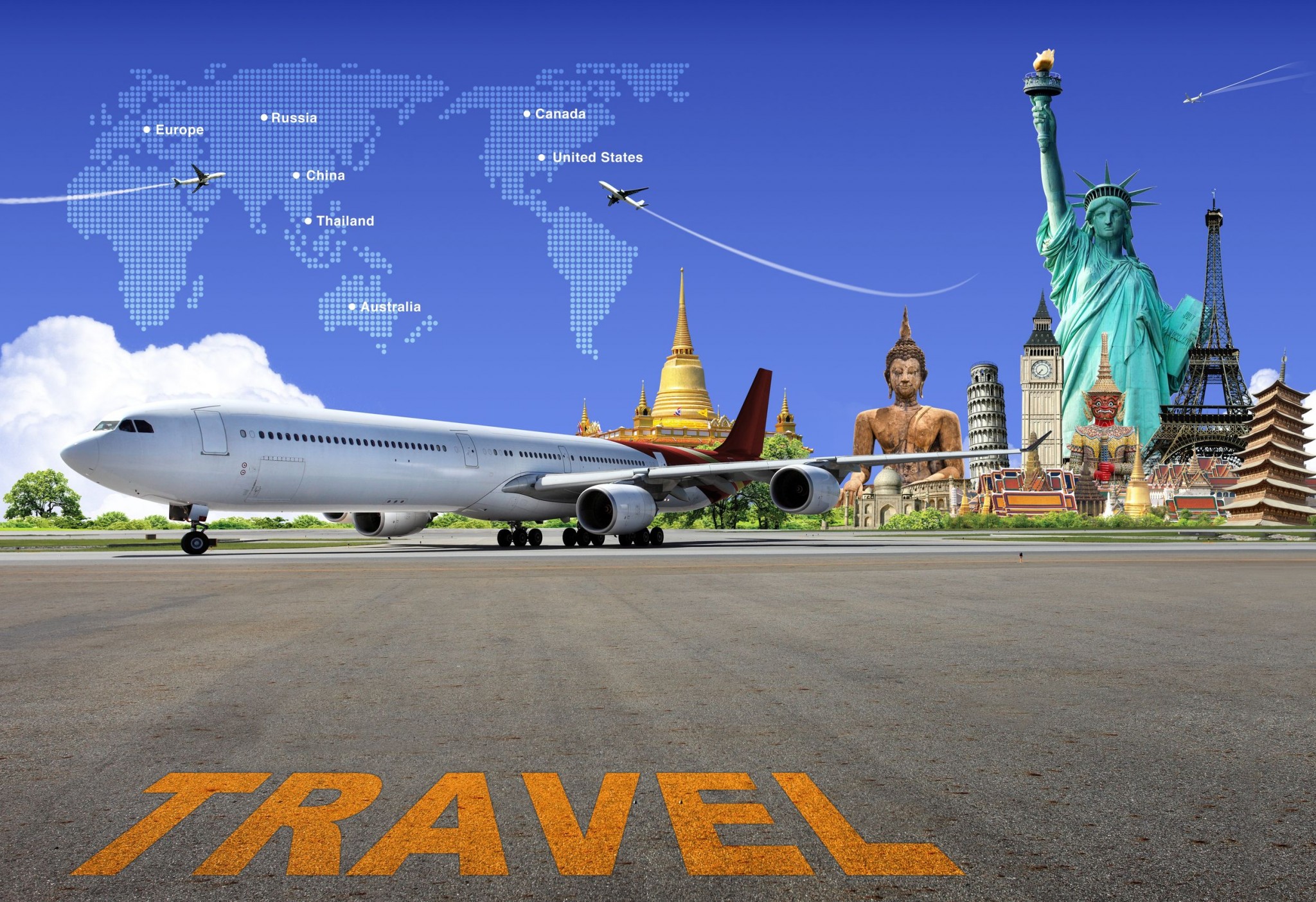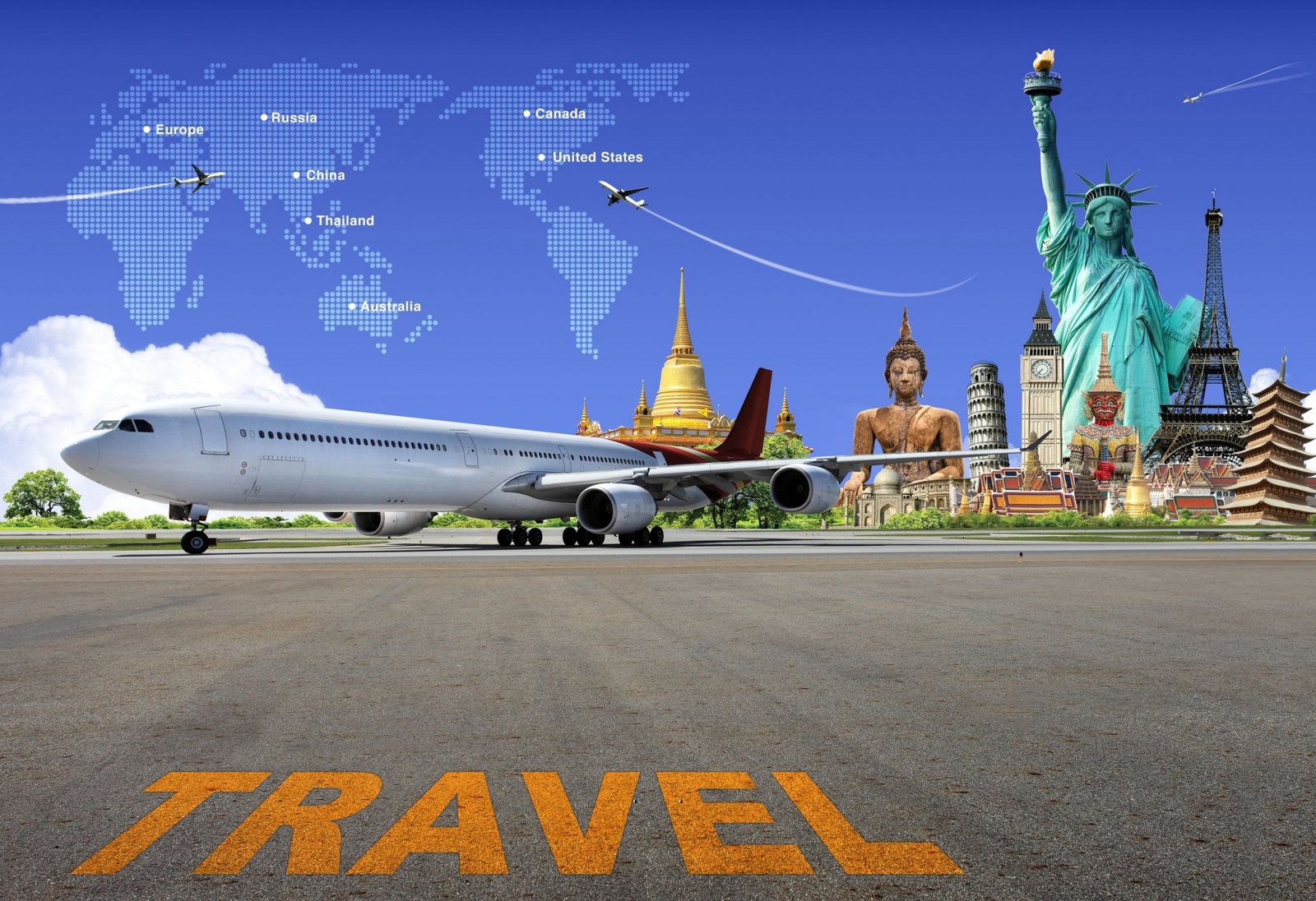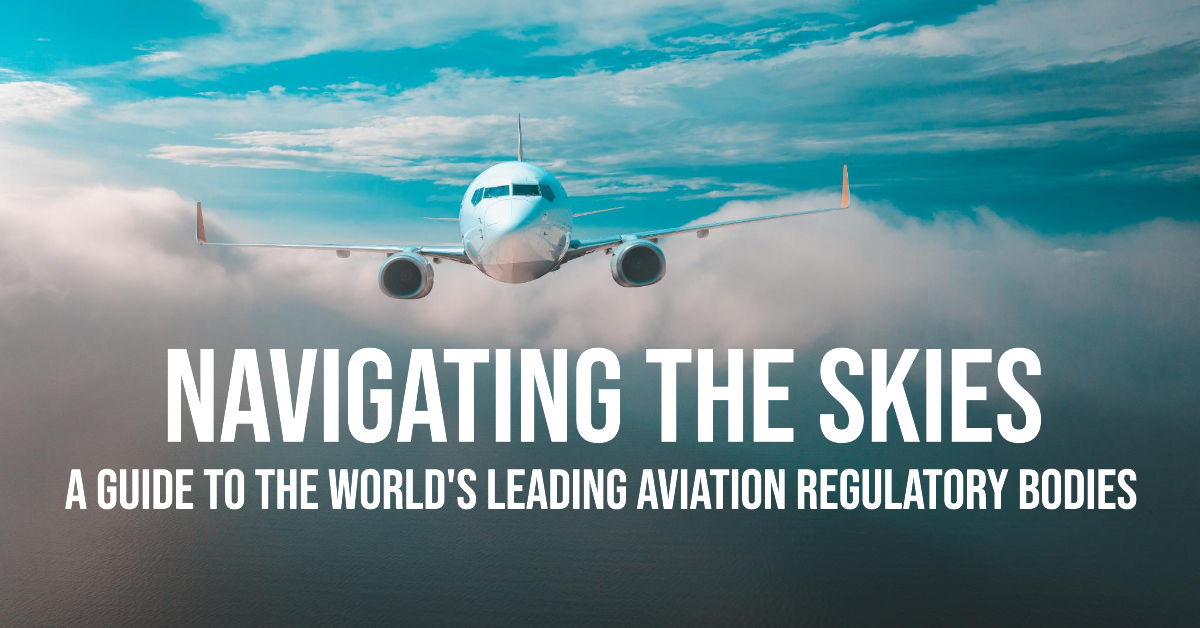The Evolution of Travel Tickets: From Paper Trails to Digital Ease
Introduction
The world of travel has undergone a seismic shift in recent decades, and at the heart of this transformation lies the humble travel ticket. No longer are we confined to queuing at crowded counters, clutching fragile paper documents. The digital revolution has ushered in an era of unprecedented convenience, streamlining the entire process of booking, managing, and utilizing travel tickets. This article explores the evolution of travel tickets, highlighting the myriad ways in which technology has enhanced the travel experience for millions worldwide.
The Paper Era: A Nostalgic, Yet Cumbersome Past
For generations, the paper ticket was the ubiquitous symbol of travel. Whether it was a train ticket, a plane ticket, or a bus pass, these physical documents were essential for embarking on any journey. However, the paper-based system was fraught with challenges:
- Risk of Loss or Damage: A misplaced or damaged ticket could mean a missed flight or a lengthy delay.
- Inconvenience of Storage: Travelers had to carefully store and organize their tickets, often juggling multiple documents for a single trip.
- Limited Flexibility: Changing or canceling a paper ticket could be a complex and time-consuming process, often involving phone calls, in-person visits, and hefty fees.
- Environmental Concerns: The production and disposal of countless paper tickets contributed to deforestation and waste.
The Digital Revolution: A Paradigm Shift in Travel
The advent of the internet and mobile technology has revolutionized the travel industry, transforming the way we book, manage, and use travel tickets. Digital tickets, also known as e-tickets or mobile tickets, have emerged as the dominant form of travel documentation, offering a host of advantages over their paper-based counterparts:
- Convenience of Booking: Online travel agencies (OTAs) and airline/transport websites/apps allow travelers to book tickets from the comfort of their own homes, at any time of day or night.
- Instant Confirmation: Once a booking is made, a digital ticket is typically sent to the traveler’s email address or mobile app within minutes.
- Reduced Risk of Loss or Damage: Digital tickets are stored electronically, eliminating the risk of physical loss or damage.
- Enhanced Flexibility: Many airlines and travel providers offer online tools for managing bookings, allowing travelers to change flights, select seats, and add extras with ease.
- Environmental Benefits: Digital tickets reduce the need for paper, contributing to a more sustainable travel industry.
Mobile Ticketing: Travel at Your Fingertips
Mobile ticketing has taken the convenience of digital tickets to the next level. With mobile ticketing, travelers can store their tickets on their smartphones or tablets, eliminating the need to print anything at all. This offers several key benefits:
- Accessibility: Mobile tickets are always with you, as long as you have your smartphone.
- Speed: Mobile tickets can be scanned directly from your phone, speeding up the boarding process.
- Real-Time Updates: Mobile apps can provide real-time updates on flight delays, gate changes, and other important information.
- Contactless Transactions: In the wake of the COVID-19 pandemic, contactless transactions have become increasingly important. Mobile ticketing allows travelers to minimize physical contact with staff and surfaces.
The Rise of Integrated Travel Platforms
The travel industry is increasingly moving towards integrated platforms that offer a seamless, end-to-end travel experience. These platforms allow travelers to book flights, hotels, rental cars, and activities all in one place, and manage their entire itinerary from a single app.
- Personalization: Integrated platforms can use data to personalize travel recommendations, offering suggestions for flights, hotels, and activities that are tailored to the traveler’s individual preferences.
- Streamlined Communication: Integrated platforms can centralize communication between the traveler, the airline, the hotel, and other travel providers, making it easier to resolve any issues that may arise.
- Enhanced Travel Management: Integrated platforms can provide travelers with a comprehensive overview of their itinerary, including flight times, hotel reservations, and activity bookings.
Data and Facts: The Numbers Speak for Themselves
- A 2023 report by Statista found that the online travel booking market is projected to reach $879.30 billion by 2027.
- According to a 2022 survey by Expedia, 66% of travelers say that technology has made travel planning easier.
- A 2023 study by Juniper Research found that mobile ticketing will account for 80% of all airline tickets by 2027.
Challenges and Future Trends
While digital and mobile ticketing have brought about significant improvements, some challenges remain:
- Digital Divide: Not everyone has access to the internet or a smartphone, which can create a barrier to accessing digital tickets.
- Cybersecurity Risks: Digital tickets are vulnerable to hacking and fraud, which can compromise travelers’ personal information.
- Data Privacy Concerns: The collection and use of travel data raise concerns about privacy and security.
Looking ahead, several key trends are expected to shape the future of travel tickets:
- Biometric Authentication: Biometric authentication, such as facial recognition and fingerprint scanning, is likely to become more prevalent, offering a more secure and seamless way to verify travelers’ identities.
- Blockchain Technology: Blockchain technology has the potential to revolutionize the travel industry by creating a more secure and transparent system for managing travel tickets.
- Artificial Intelligence (AI): AI can be used to personalize travel recommendations, provide real-time customer support, and detect fraudulent activity.
Conclusion
The evolution of travel tickets from paper trails to digital ease has transformed the travel experience for millions of people around the world. Digital and mobile ticketing offer unparalleled convenience, flexibility, and efficiency, while integrated travel platforms provide a seamless, end-to-end travel experience. While challenges remain, the future of travel tickets is bright, with emerging technologies like biometric authentication, blockchain, and AI poised to further enhance the travel experience. As we continue to embrace the digital age, travel tickets will undoubtedly become even more convenient, secure, and personalized, making travel more accessible and enjoyable for all.










